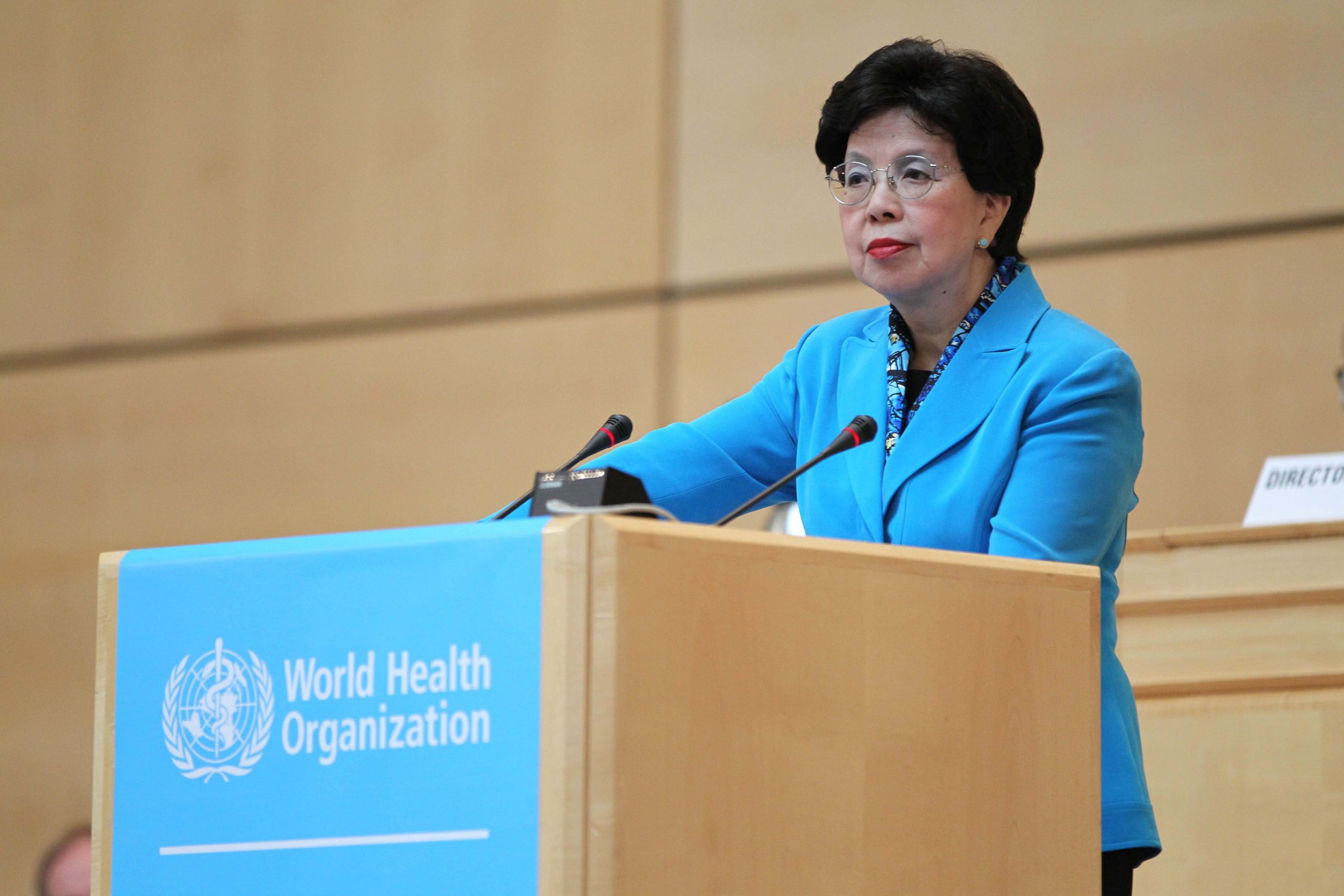There are no cases of Zika virus in Qatar, the country’s Ministry of Public Health (MPH) has said following a rare decision by the World Health Organization (WHO) to declare the virus an international public health emergency.
WHO’s decision to classify Zika as such will send more funding and resources into researching the mosquito-borne virus, which is being linked to birth defects such as babies being born with unusually small heads (microcephaly).
However, WHO said there was currently “no public health justification for restrictions on travel or trade.”
#Qatar free from #ZikaVirus .. more at: https://t.co/xw3X3GTvrO
— وزارة الصحة العامة (@MOPHQatar) February 1, 2016
In a statement, Qatar’s public ministry said while the type of mosquito that transmits the virus is not native to this country, the health sector is on alert for any suspected cases among returning travelers.
It added:
“Public Health advises all residents to postpone non-essential travel to the 24 affected countries; in particular women who are pregnant or plan to become pregnant in the near future should consider delaying travel to areas with Zika virus present.”
Caution was also warned by Qatar’s Ministry of Foreign Affairs this week, who tweeted that citizens in the region should take care to avoid getting the virus.
Spreading quickly
The virus was first detected in Brazil in May this year, which now has nearly 4,000 cases of microcephaly, and has spread throughout Latin America and the Caribbean.
Last week, WHO said the virus was “spreading explosively” in the Americas and may infect up to four million people.

Yesterday, WHO director-general Margaret Chan told reporters at a news conference in Geneva that the link between Zika and microcephaly is “strongly suspected, though not yet scientifically proven.”
“All agreed on the urgent need to coordinate international efforts to investigate and understand this relationship better…
A coordinated international response is needed to improve surveillance, the detection of infections, congenital malformations, and neurological complications, to intensify the control of mosquito populations, and to expedite the development of diagnostic tests and vaccines to protect people at risk, especially during pregnancy,” Chan added.
Restrict travel
The US Centers for Disease Control and Prevention (CDC) has rated the affected countries at level 2 (practice enhanced precautions) on its list of virus travel alerts.
Last week, it added United States Virgin Islands and the Dominican Republic. Other affected countries are:
The Commonwealth of Puerto Rico; Barbados; Bolivia; Brazil; Cape Verde; Colombia; Ecuador; El Salvador; French Guiana; Guadeloupe; Guatemala; Guyana; Haiti; Honduras; Martinique; Mexico; Panama; Paraguay; Saint Martin; Samoa; Suriname; and Venezuela.
For Brazil, which is hosting the Olympic games this summer, the repercussions of travel restrictions are potentially significant.
The Zika virus is transmitted to people mostly by the Aedes aegypti mosquito in tropical regions.

The most common symptoms of Zika are fever, rash, joint pain, or conjunctivitis (red eyes). Other common symptoms include muscle pain and headache, MPH said.
Transmitted by mosquitoes which are mostly active during daytime, the MPH cautioned travelers who make be visiting affected areas to “continue to take protective measures to prevent mosquito bites throughout the day.”
Precautions include the need to:
- Wear long-sleeved shirts and long trousers;
- Use insect repellents;
- Use permethrin-treated clothing and gear (such as boots, trousers, socks, and tents);
- Use bed nets as necessary; and
- Stay and sleep in screened-in or air-conditioned rooms.
All suspected cases should be notified to Health Protection and CDC Hotline numbers 6674 0948 or 6674 0951.
Thoughts?








